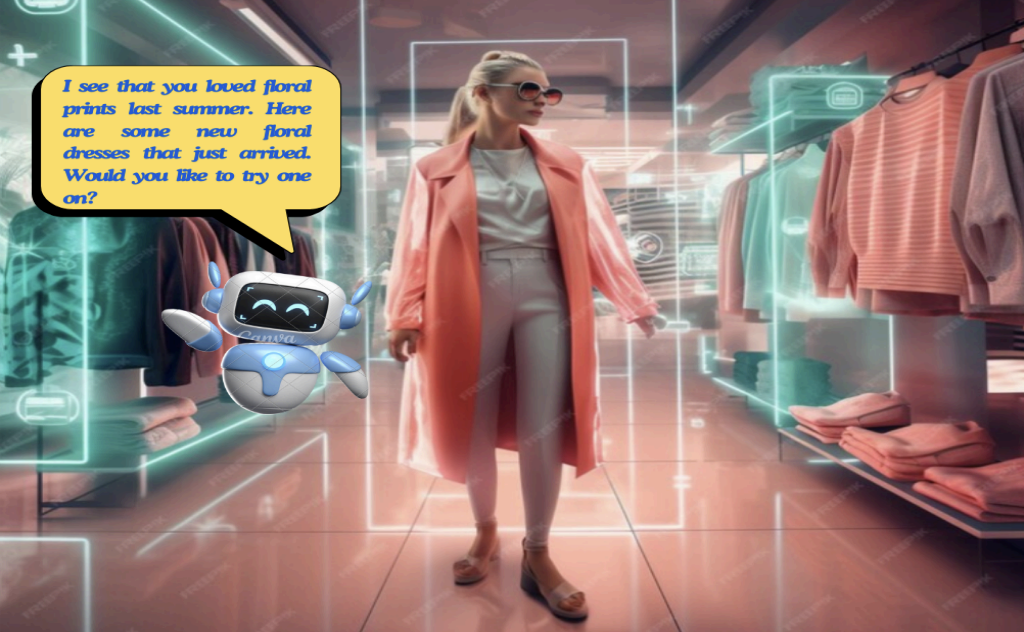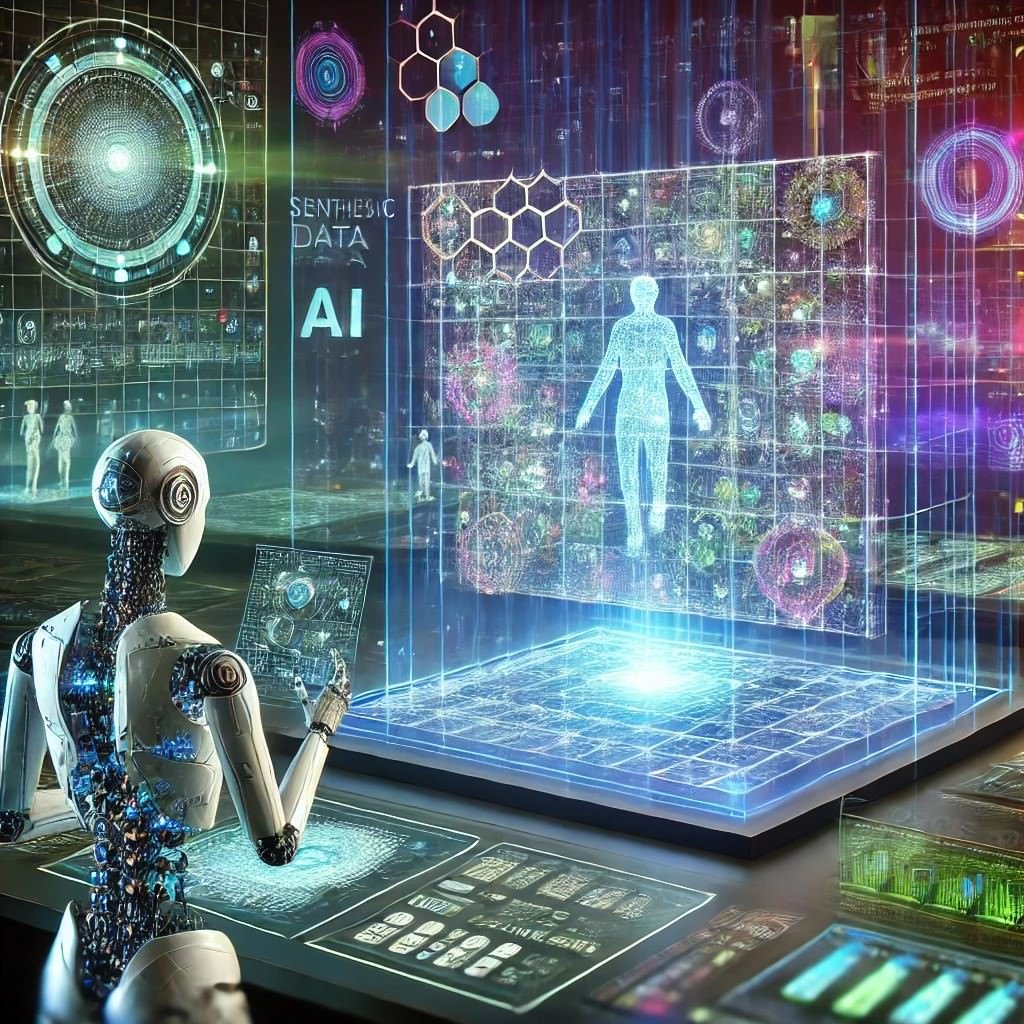
AURORA INSIGHTS
AURORA INSIGHTS
Check back for new articles published every Monday at 9 AM UTC.

Innovating Sales Technology with AI: Bridging Between Personalization and Scalability
Tapping into the power of AI, businesses can analyze data to understand what their customers want, create tailored recommendations and make every interaction feel unique all while managing thousands of relationships at scale.
It’s not just about selling more—it’s about building deeper, more meaningful connections with customers in a way that’s efficient and impactful.

How Creative Agencies are Transforming Filmmaking with New Age AI/ML Models
Today’s audiences demand more immersive, interactive, and hyper-realistic content.
To keep up, creative studios are moving away from outdated, slow, and expensive workflows, and turning to faster, smarter solutions with AI. As these tools evolve, the line between digital and physical worlds will continue to blur.

Never Neutral: How Anthropology Can Shape the Future of AI
AI is a cultural force, deeply intertwined with the human experience. Despite decades of technological advancements, one constant remains—humans and the cultures they bring.
Drawing on the groundbreaking research of Dr. Diana E. Forsythe1, an anthropologist who studied AI labs in the 1980s and 1990s, this article explores how cultural and social dynamics shape AI development and why anthropology is essential for creating better, more inclusive systems.

Introducing the Human Collective Intelligence Alignment Problem: Say Hi to HI
We must remember that just as AI is not alone in the universe, neither are we.
We are all part of a human collective superintelligence that, whilst far greater than our own, depends on the intelligence, agency and values of us all.

Youth Safety and AI: Preparing for the AI Revolution
Most teenagers admit that they use AI to help them with their homework, which has raised a lot of concern from parents and teachers about how they are learning.
In light of all this, we must ask ourselves a crucial question—how are we preparing our youth for a future dominated by AI?

Evaluating Low-Risk AI Systems: A Responsible Adoption Approach
Among its various branches, generative AI stands out for its ability to empower organizations and individuals in daily tasks. The integration of AI across diverse functions is becoming standard practice, with enterprise adoption significantly influencing its acceptability. Approximately 85% of AI systems are anticipated to be classified as low-risk or no-risk, yet trust in these systems remains a critical challenge.

Building in Mid-Air: 2024 In Review with Catherine McMillan and Noah Frank
In Boston, over coffee and whiteboards, we decided to act. This year, that action took form in our Aurix’s first major experiment: Aurora Insights. We are pleased at how this medium has truly become a space amplifying emerging voices at the cutting edge of AI research, governance, and strategy, featuring contributions on ethical AI frameworks and innovative applications in education and healthcare. Thank you to all who made this possible!

The Silicocene: Entering a New Era of Technology, Ethics, and Collective Responsibility
This period is characterised by the embedding of silicon-based technologies into nearly every facet of life. Unlike the preceding Anthropocene, marked by human-driven environmental impact, the Silicocene is poised to be shaped by humanity's relationship with digital and artificial intelligence systems.

Manufacturing and Retail Revolutionized: AI Meets the Metaverse
The metaverse has a wide range of potential healthcare and retail applications. When paired with AI, AR, and VR, it may profoundly improve the medical and retail industry, promote diversity, and more.

Synthetic Data and Privacy: The AI Glow-Up We’ve All Been Waiting For
Synthetic data isn’t always sunshine and rainbows. If the real data used to generate synthetic versions has biases (like hiring patterns that favor certain groups), those bad notions might sneak into the AI’s synthetic learnings. So, we have to ask: Are we bias-proofing these systems?

Regulating AI Not by Fear, but for Common Sense
Many believe that artificial intelligence should not be regulated, fearing it would lead to government censorship. I disagree. While it's true that humans, even in judicial bodies, can make mistakes that harm others, machines are not exempt from this. On the contrary, automated learning systems often inherit biases from their human creators.

What’s Next for AI? 3 Policy Moves Expected from Trump’s Return
In this special edition of Aurora Insights, we explore the possible future of AI regulation in the U.S. by tracing back to Trump’s first term for clues on what might come next.

Big Tech in The White House, a Step or a Leap in the Right Direction?
Big Tech has a problem. In fact, Big Tech has multiple problems. With regulators implementing compliance rules that offer limited data privacy, outsourcing content moderation overseas, and cybercriminal activity on platforms like Telegram remaining rampant, the tech sector has a lot of room for growth when addressing digitally-based sexual violence and exploitation.

Writing Still Matters
The piece you are currently reading was entirely created by a human. I’m not a betting woman, but I’m willing to bet that you can tell, from these first few sentences, that what you’re reading has not been AI-generated. Humans speak and write with accents. So does AI.

Spatial Intelligence is Helping AI See, Learn, and Do Better
Spatial intelligence is opening up new possibilities in a ton of fields, from robotics to healthcare and beyond. The future of AI isn’t just about seeing—it’s about understanding and becoming a trusted partner in our journey of discovery, innovation, and making the world a better place.

The Balancing Act: Collective Learning in the Age of AI
Over the weekend, I finished Thomas Malone’s landmark Superminds, a deep exploration of collective intelligence in today’s AI-driven landscape. Even though the book was released a few years ago, its core insights around collective intelligence, AI, and organizational dynamics are nothing if not prescient today.

The Silent Revolution in Decision-Making
Leaders in business, government, and beyond are increasingly turning to AI systems powered by synthetic data to navigate complex decisions. This shift represents more than just a technological upgrade—it's a fundamental reimagining of how we approach high-stakes problem-solving.
